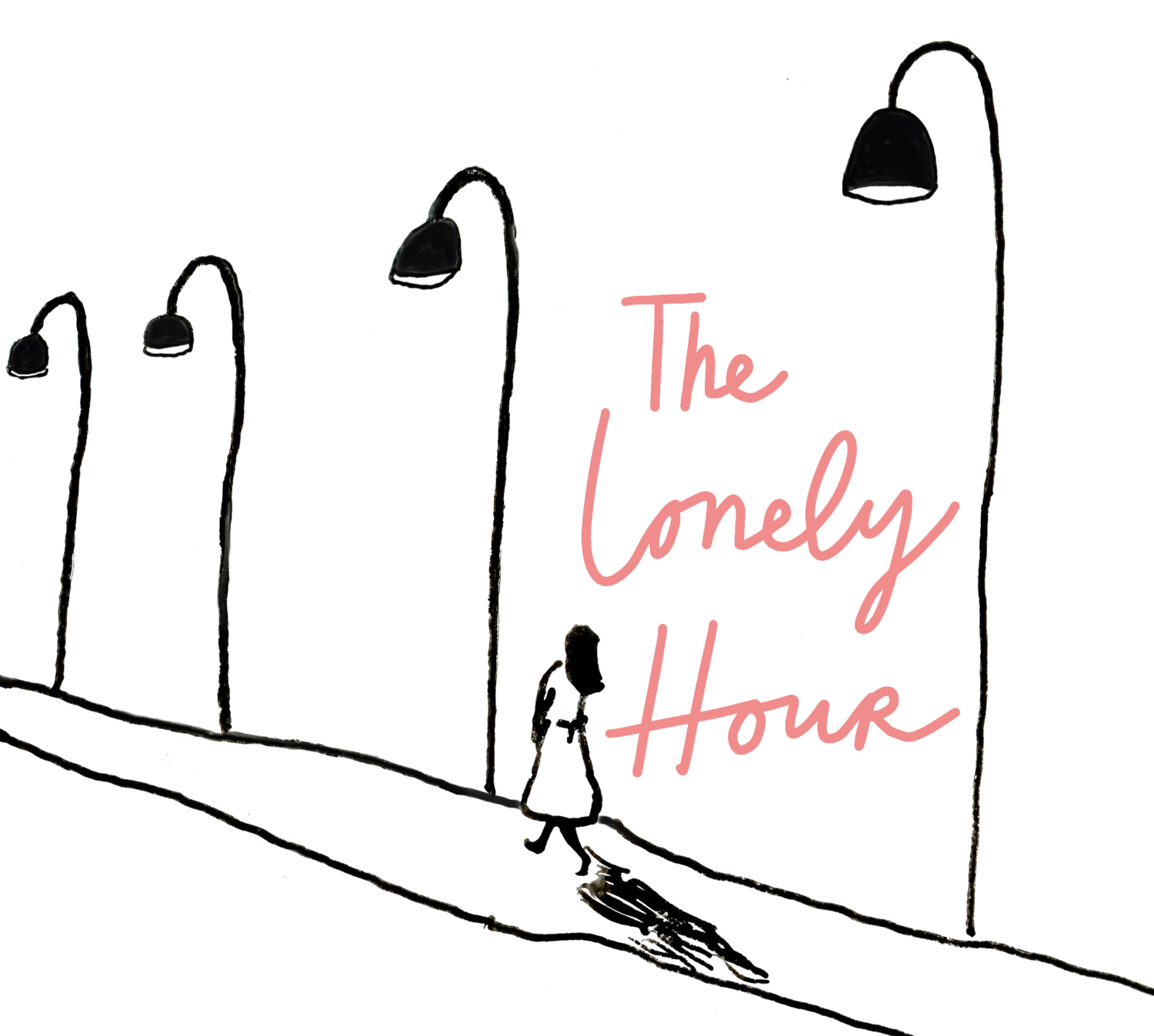Daniela Galarza has worked in restaurant kitchens, as a private chef, and once had her own catering business. She's currently the News Editor at Eater.
“Be courageous and strong. Do not be afraid or struck with terror before them, for Jehovah your God is the one marching with you. He will neither desert you nor abandon you.” Deuteronomy 31:6 (New World Translation)
“It’s not a cult,” I said in a small voice. At 10 years old, I wasn’t entirely sure what a cult was, but I did know that it was bad, and that I wasn’t part of a bad thing. I was a Jehovah’s Witness.
Yes, I went door-to-door with literature. Yes, I went to church (though they call it congregation) three times a week. No, I didn’t celebrate my birthday, Christmas, Easter, or the Fourth of July.
The teachings of this particular religion are rooted in a literal reading of the Old and New Testaments, yielding strict rules against alcohol or drug consumption, a college education, and masturbation. As a kid, you’re told that your people don’t believe in a lot of popular American rituals; there’s no tooth fairy or Thanksgiving turkey. Sometimes it was hard to tell what was off limits and what wasn’t. I remember walking onto my school bus in kindergarten and flipping the bird at everyone, explaining it away by saying, “I don’t believe in the middle finger.” (My mother later explained to me that we did, in fact, “believe” in the middle finger and that I wasn’t to flash it at anyone again.) Just before my kindergarten graduation, I told the class—much to my teacher’s dismay—that Santa Claus was not real. “Your parents are lying to you,” I said flatly. “Do you really think a large man in a red suit can slide down your chimney with a bag full of presents? Have you ever seen reindeer fly?” Eyes wide with disbelief, tears streamed down my classmates’ faces. A bible verse echoed in my little head, “The truth will set you free.” John 8:32
Self-righteous and steadied by my parents’ love, I marched forward into a life of bible study and adherence to the word of God. I wore dresses to congregation (women were not to wear pants), politely addressed my elders before and after sermons, and stayed “away from the world.”
“The world” meant everyone who wasn’t a Jehovah’s Witness. So when the cool girl in my music class asked if I wanted to go to her house after school for cookies and milk, I said no. My middle school gym teacher cheered me on to six-minute miles—I was the fastest in my grade—but when he told my mom I should enroll in track and field come freshman year of high school, she told him no. When a cute boy in my eighth grade class asked if I wanted to walk to the park, I turned him down.
I don’t remember ever being bummed about these missed social engagements—saying no just became second nature—but with the declinations came a lot of time spent alone. Of course my family had friends within the religion, but there were few opportunities to meet a wider swath of people my age, and my congregation, it turned out, was pretty clique-y. Maybe I was born a loner, or maybe growing up Jehovah’s Witness made me one.
All religions prescribe a certain amount of separation. By subscribing to a life-affirming but also life-altering theory, by agreeing to live according to a certain set of rules (God-fearing or not), you automatically separate yourself from the rest of the population. But what happens when you don’t feel like you subscribe to that theory anymore, or when you don’t want to follow those rules?
It’s not until puberty that kids born into the Jehovah’s Witnesses community are taken aside and asked, gently, if they’d like to officially be baptized in Jesus’ name. There’s a corresponding biblical verse for this, I think, but I can’t remember what it is. I do remember being asked this question at age 12, then 13, and then 15… each time I felt a gnawing sensation in my gut. What I wanted was to be liked for my qualities as an individual, not by default, because of a shared God. I put off my response yet again, telling my parents that I just wasn’t ready. “I don’t belong here,” a voice in my head told me. “But if not here, where?”
Soon, my parents decided to get a divorce—another thing Jehovah’s Witnesses don’t believe in, coincidentally—and this felt very much like a breaking-off point. I was now 17 going on 18, and I wanted to leap into “the world,” the forbidden, exciting, limitless, unregulated, sexually liberated, feminist, educated world.
I worked on saying yes instead of the “no” I was used to.
I said yes to a boy who asked me out my freshman year of college. I said yes to a party invite off campus. I said yes to a glass of Long Island iced tea. “You’re not supposed to be drinking, you’re not supposed to be out with a boy, you’re not supposed to be here,” I told myself from the corner of the dance floor. My ears felt like they were on fire and my gut churned an ingrained God-fearing sort of guilt, but eventually the alcohol worked its way into my bloodstream, my inhibitions loosened, and, in the dim blue light of an early fall night, I sang along to The Red Hot Chili Peppers. I smiled at people and they smiled back.
It’s been 16 years since I called myself a Jehovah’s Witness and I’m still unpacking the subtle ways in which growing up in that community affected me. Subscribing to the strict religion promoted loneliness—in me, anyway—and to this day, loneliness feels like a comfortable cloak—familiar, but heavy.

